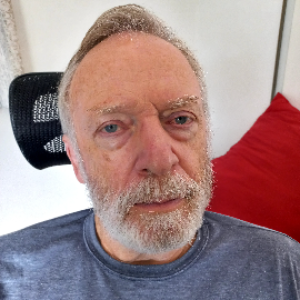Title : Green Chemistry approach by Introduction of Biopesticides toward a Sustainable Agriculture
Abstract:
During decades, many attempts to improve sustainable pest control in agriculture have been tried. Unfortunately, even in the so-called first world countries, results are far from reaching this target; with an overall pesticide consume increase of 15 to 20 times (Report WHO/FAO 2018). Nevertheless, a strong effort is performed to search less harmful pesticides.
A new international trend of Biopesticide occur also in Brazil with an offer of more than 150 new products. Nevertheless, many difficulties needs to be overcome to make possible the use of Biopesticides to substitute in large-scale hazardous chemical pesticides. Some difficulties are related to the nature of biologic living organisms that are only efficient when application is used under biological survival conditions. This demands a knowhow for which is necessary to prepare agronomist and land workers. This involve shareholders with environmental consciousness necessary to change habits. Actually only the most dynamic landowners use these products. Other approaches are in study with “control release pesticides” that avoid the indiscriminate pulverization with pollution of non-target environment.
The amount of hazardous pesticides actually in use worldwide enhance the poisoning of the environment with effects on human health, condition definitively not sustainable.



